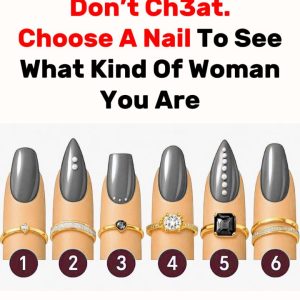When Reign Murphy spotted a holiday sweater at Target with the phrase “OCD Obsessive Christmas Disorder,”
she was stunned and offended. As someone living with real obsessive-compulsive disorder, she found the sweater
deeply insensitive and took to Twitter to call out the retailer for trivializing a serious mental health condition.
Her post quickly went viral, sparking a wave of criticism from others who felt that mental illnesses shouldn’t
be used as punchlines or fashion statements. Many social media users echoed her concerns, expressing frustration
over how society continues to minimize mental health struggles for the sake of humor or sales.
However, the sweater also received support from others, including people who said they live with OCD but didn’t find
the merchandise offensive. Some argued that the sweater was just a lighthearted play on words and didn’t warrant
such backlash. Target responded to the controversy through spokesperson Jessica Carlson,
who apologized to those upset by the product but confirmed the company had no intention of pulling it from the shelves.
This isn’t the first time Target has faced criticism over its clothing designs—back in 2015, it drew fire for selling
shirts labeled “Trophy” for women. While the debate continues, the incident highlights the delicate balance
between humor, marketing, and the need to be mindful of how mental health is portrayed in popular culture.





